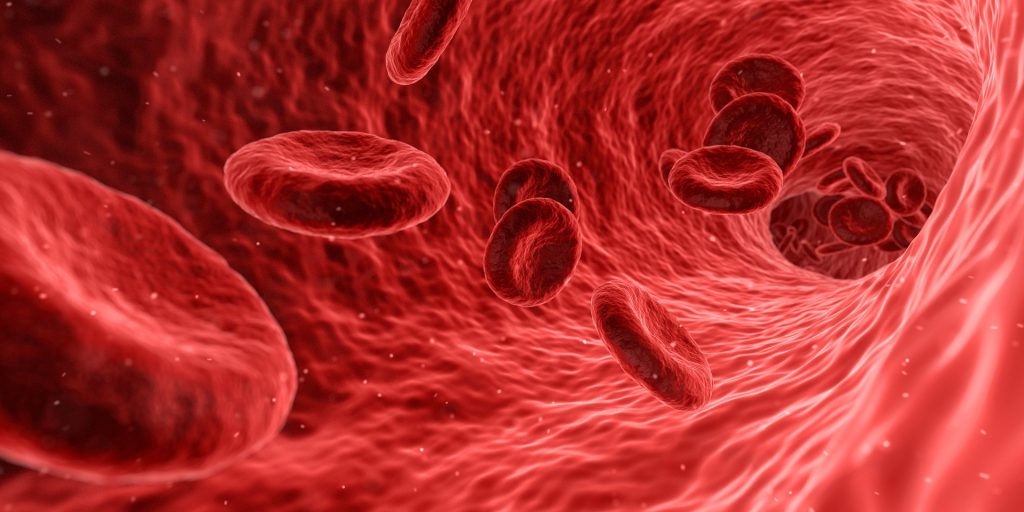
Researchers at Stellenbosch University had discovered that an overload of inflammatory molecules, literally ‘trapped’ inside insoluble microscopic blood clots, might be behind some Long COVID symptoms.
From almost the beginning of the pandemic, blood clots have been reported in COVID patients in various organs besides the lungs.
Prof Resia Pretorius, a researcher at Stellenbosch University (SU), made this finding when she began examining micro clots and their molecular content in blood samples from individuals with Long COVID. The findings were reported in Cardiovascular Diabetology.
“We found high levels of various inflammatory molecules trapped in micro clots present in the blood of individuals with Long COVID. Some of the trapped molecules contain clotting proteins such as fibrinogen, as well as alpha(2)-antiplasmin,” Prof Pretorius explains.
Alpha(2)-antiplasmin prevents blood clot breakdown, while fibrinogen is the main clotting protein. Normally, the body’s plasmin-antiplasmin system maintains a fine balance between blood clotting and fibrinolysis.
With high levels of alpha(2)-antiplasmin in the blood of COVID patients and individuals suffering from Long COVID, the body’s ability to break down blood clots is inhibited.
Dr Maré Vlok, a senior analyst in the Mass Spectrometry Unit, noticed that the blood plasma samples from individuals with acute COVID and Long COVID continued to deposit insoluble pellets at the bottom of the tubes after dilution (a process called trypsinisation).
He alerted Prof Pretorius to this, which she then investigated further, using fluorescence microscopy and proteomics analysis. This marks the first reported detection micro clots in blood samples from those with Long COVID.
“Of particular interest is the simultaneous presence of persistent anomalous micro clots and a pathological fibrinolytic system,” they wrote. This implies that the plasmin and antiplasmin balance may be central to pathologies in Long COVID, and provides further evidence that COVID, and now Long COVID, have significant cardiovascular and clotting pathologies.
Further research is recommended into a regime of therapies to support clotting and fibrinolytic system function in individuals with lingering Long COVID symptoms.
Working with vascular internist and article co-author, Dr Jaco Laubscher from Mediclinic Stellenbosch, they now plan to perform the same analysis on a larger sample of patients.
Source: Stellenbosch University

